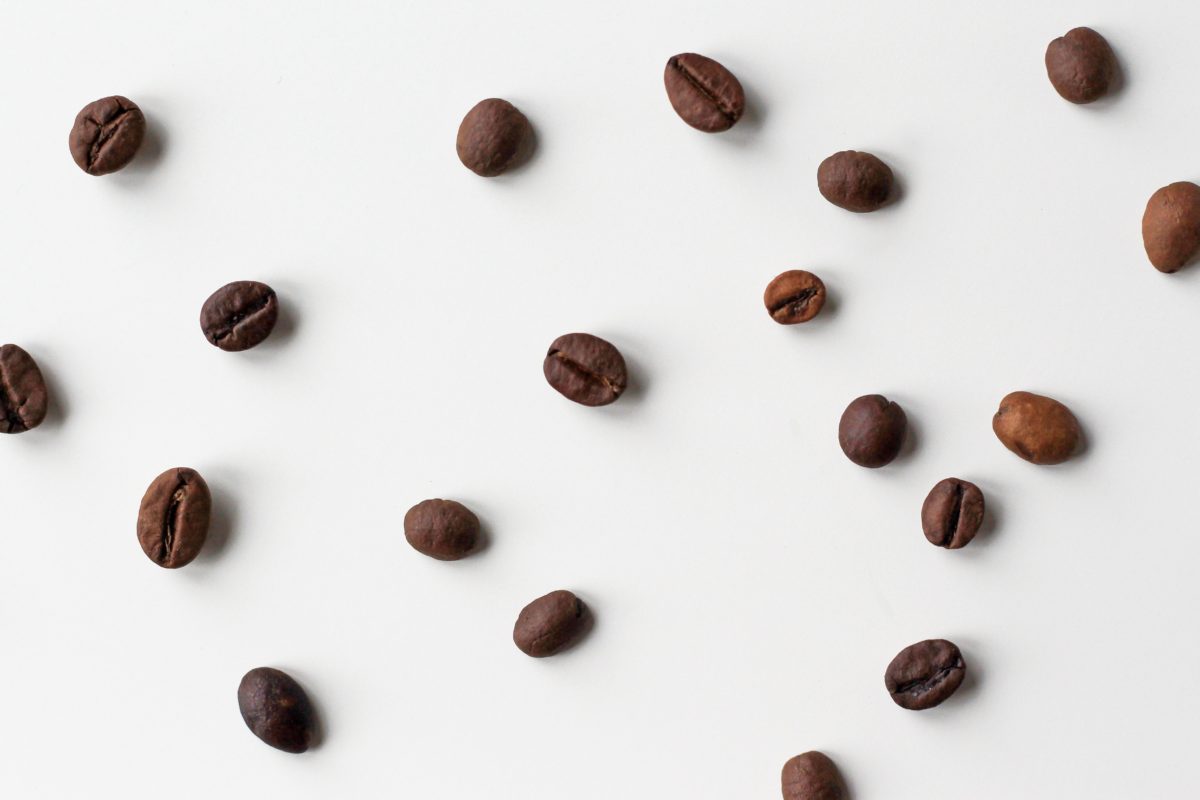Could Cocoa Extract Prevent Alzheimer’s Disease?

Photo by Nordwood Themes on Unsplash
A new study conducted at the Icahn School of Medicine at Mount Sinai in New York City has determined that an extract of the cocoa plant may help to block damage to the nerve pathways seen in patients with Alzheimer’s disease. According to the researchers, this means that cocoa extract might have the ability to prevent symptoms of Alzheimer’s, such as memory loss and cognitive decline.
What is Alzheimer’s Disease?
According to the Alzheimer’s Foundation of America, Alzheimer’s disease is a progressive, degenerative disorder that attacks the brain’s nerve cells (neurons), which results in loss of memory, thinking and language skills, and behavioral changes. Affecting more than a million Americans, this debilitating disease has scientists and researchers in over-drive to find a cure.
The Study
The major component of the cocoa plant studied, called lavado, is very high in polyphenols, antioxidants also found in food sources like fruits and vegetables. In the past, research has shown that a high-polyphenol diet could reduce the risk of developing Alzheimer’s. The research team at Mount Sinai studied lavado along with natural and “dutched” extracts from the cocoa plant. They genetically engineered mice to simulate Alzheimer’s disease in humans, and found that lavado was the most effective in reducing the symptoms. Lavado worked against Alzheimer’s symptoms by limiting the formation of the specific molecules that disturb synaptic structures in the brain which are responsible for memory circuit function.
This study, according to the researchers, suggests that lavado cocoa extract may eventually be used to formulate effective drugs for Alzheimer’s disease, but further studies are needed to more clearly define exactly how the extract works in the brain. The researchers agreed that lavado cocoa extract would definitely be worth providing in dietary supplement form, as it may provide a “safe, inexpensive and easily accessible” way to relieve symptoms and slow the progression of Alzheimer’s disease. The research team’s findings have been published in the Journal of Alzheimer’s disease.
Benefits of Cocoa
Chocolate in its natural form (without the additives) includes essential minerals such as magnesium, calcium, iron and zinc, as well as the Vitamins A, B1, B2, B3, C, E and pantothenic acid. In addition, it has polyphenols similar to those found in wine that offer excellent antioxidant protection. These beneficial antioxidants increase circulation to the brain and heart, improving healthy blood flow. They also help to reduce the blood’s clotting function, potentially decreasing your risk of blood and cardiovascular related health issues. Together, these agents help improve various areas of health such as circulation, energy and mood. Flavonols appear to be the substances in cocoa that are responsible for boosting heart health and keeping blood pressure in the normal range. These substances appear to improve the bioavailability of nitric oxide from the cells that line the inner wall of blood vessels:
Cocoa may increase blood flow to the brain, according to new research published in the Neuropsychiatric Disease and Treatment journal. The researchers suggest that long-term improvements in brain blood flow could impact cognitive behavior, offering future potential research into a healthy aging brain, increased memory and lowering risk for debilitating events. In a scientific study of healthy, older adults ages 59 to 83, Harvard medical scientists found that study participants who regularly drank a cocoa flavonol-rich beverage had an eight percent increase in brain blood flow after one week, and 10 percent increase after two weeks. In this first-of-its-kind study, the researchers found both short and long-term benefits of cocoa flavonols for brain blood flow, offering future potential for the one in seven older Americans. Scientists speculate that maintaining an increased blood flow to the brain could slow this cognitive decline.
Source: Medical News Today